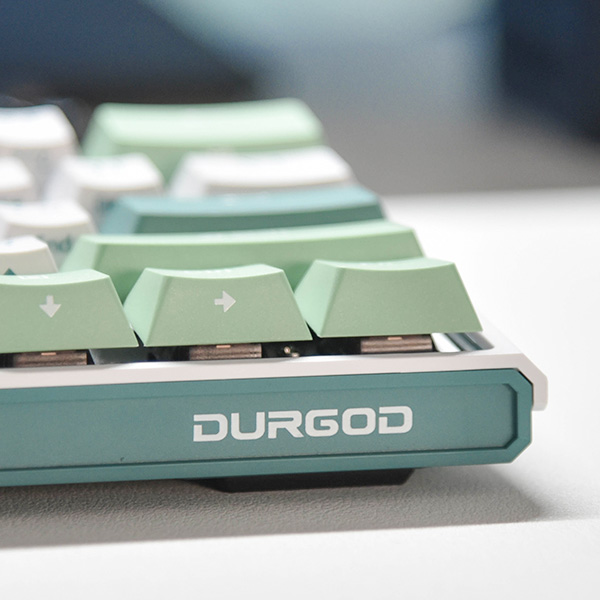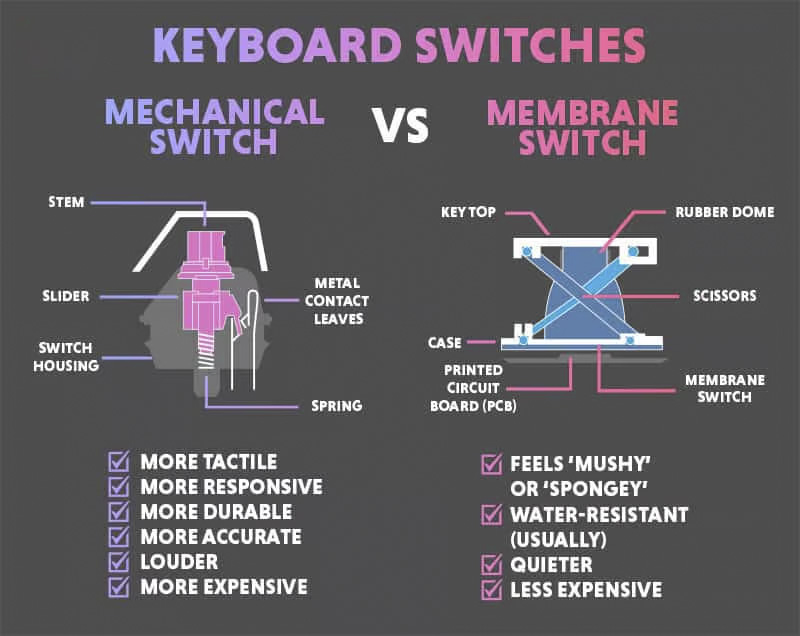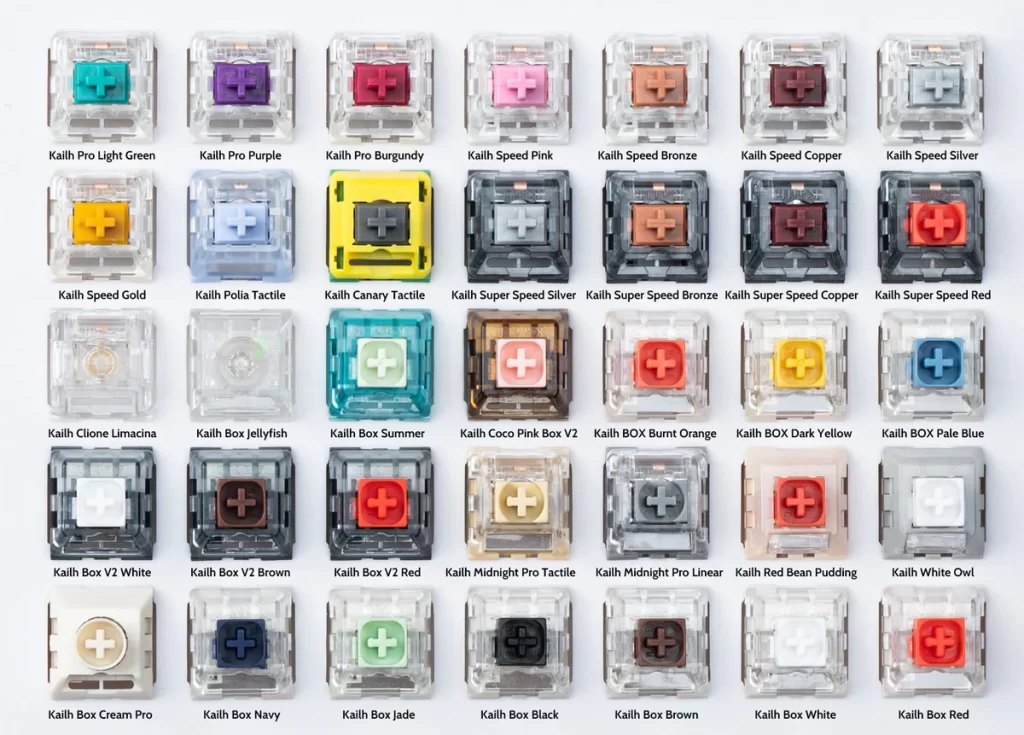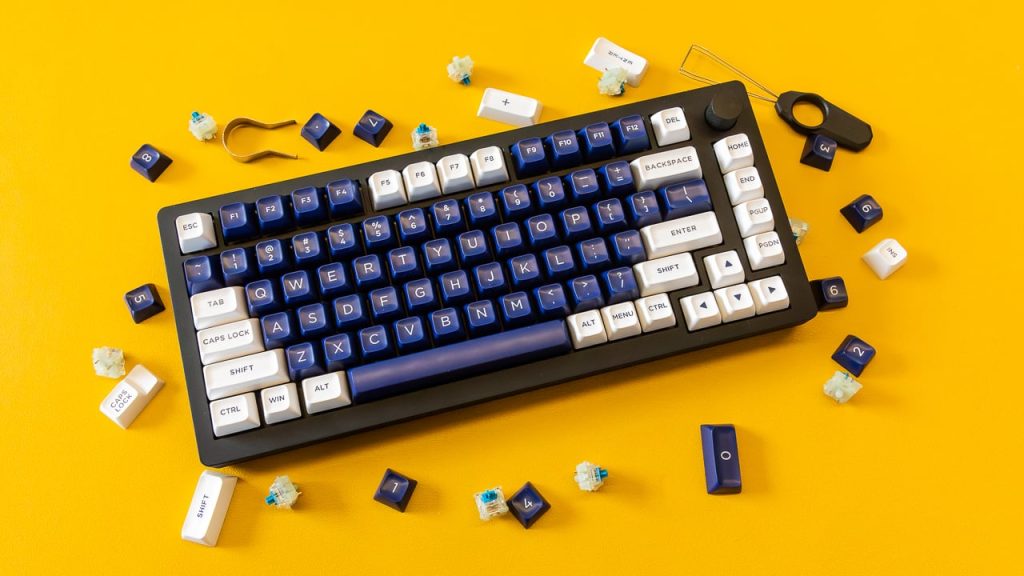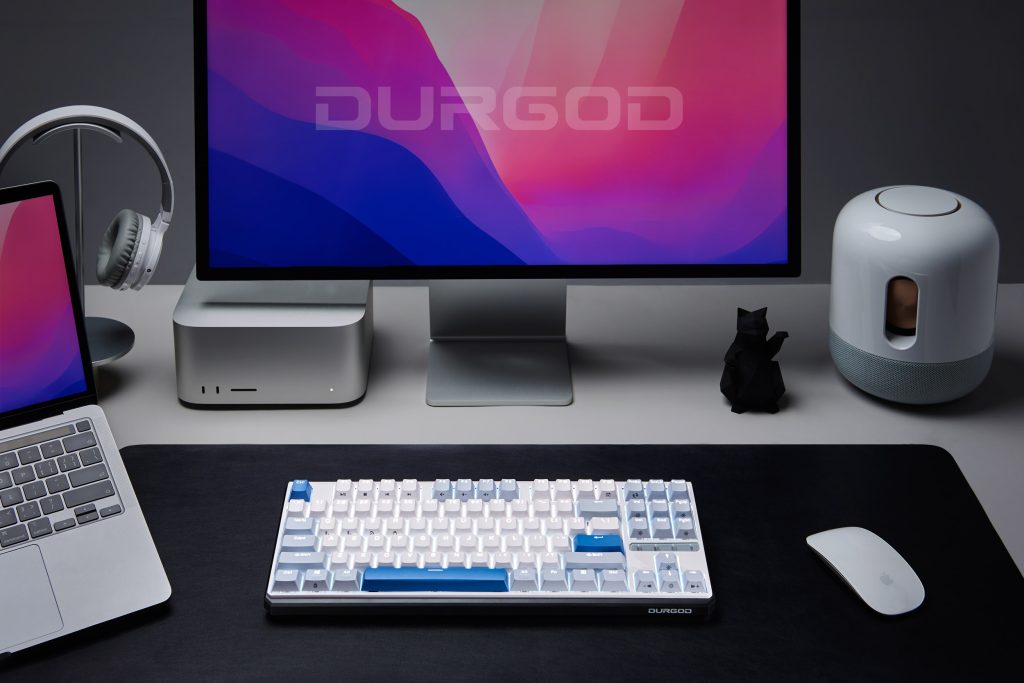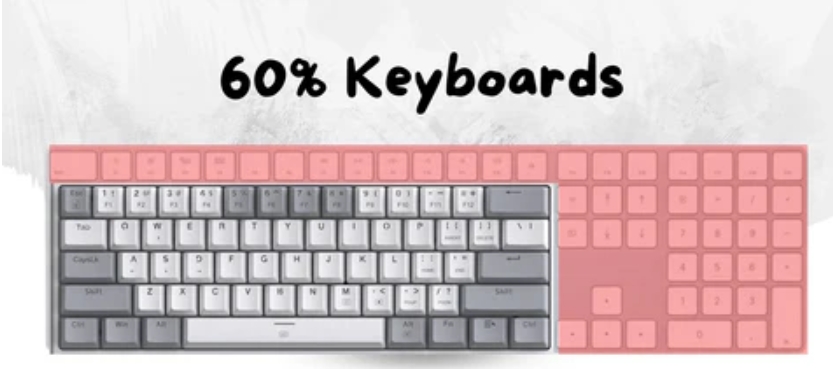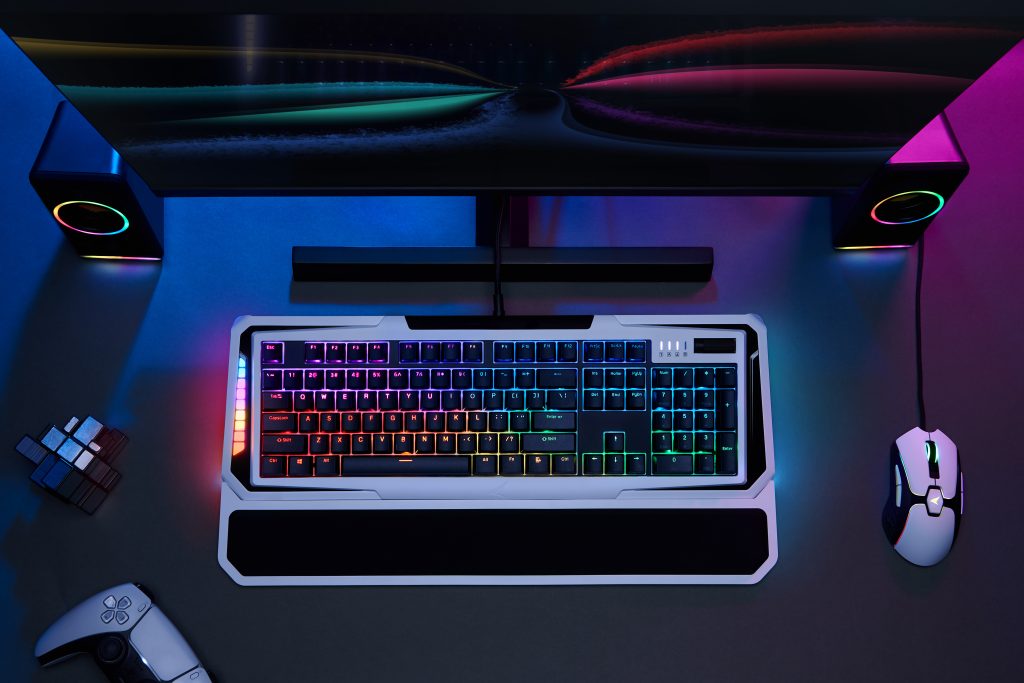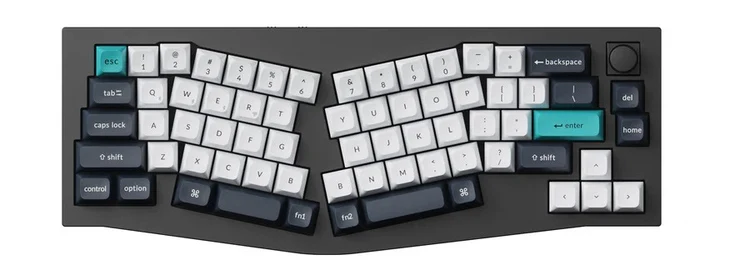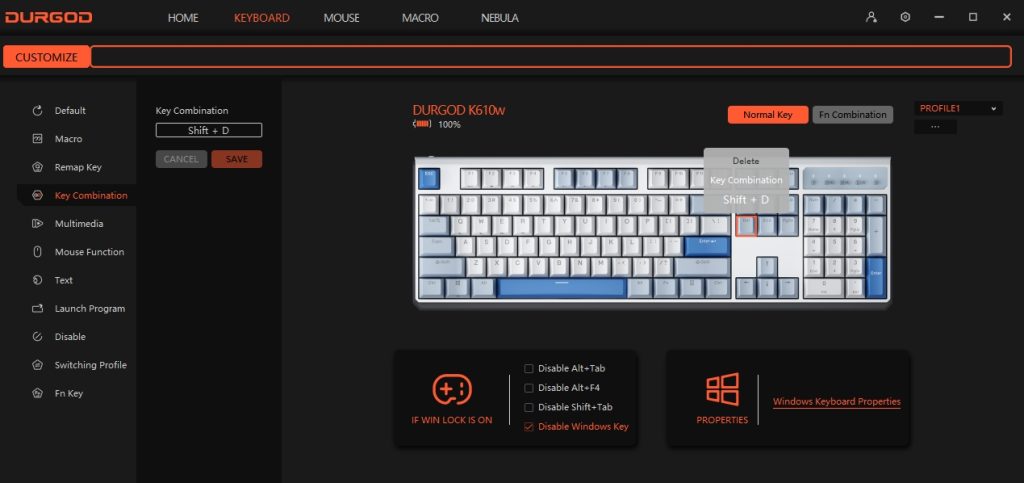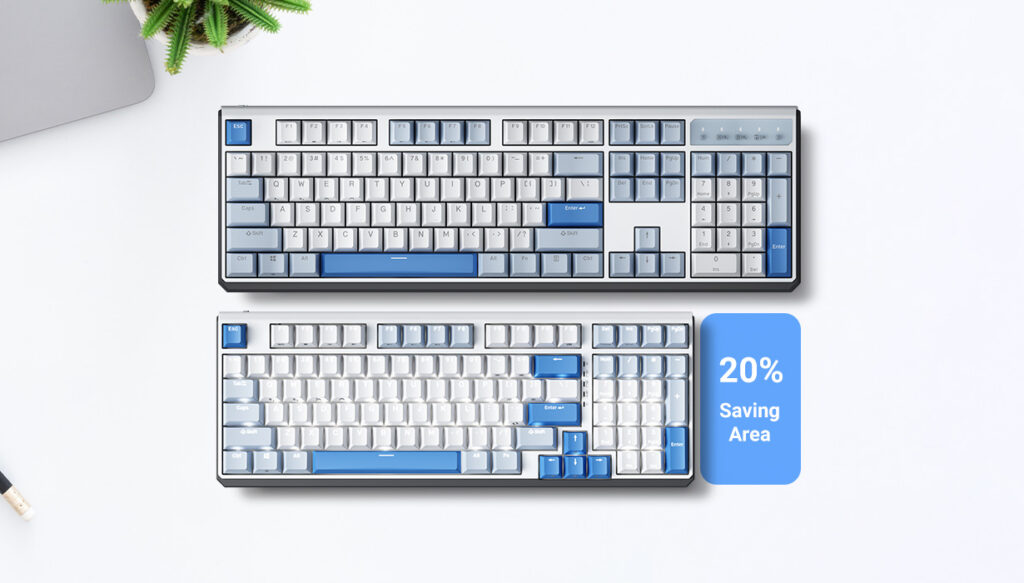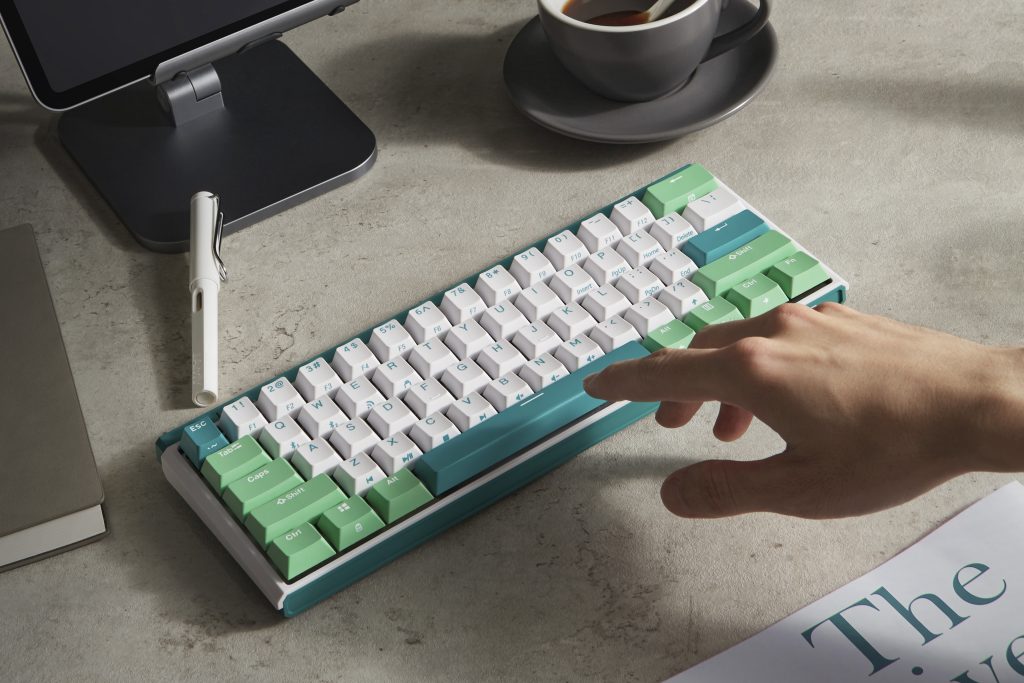
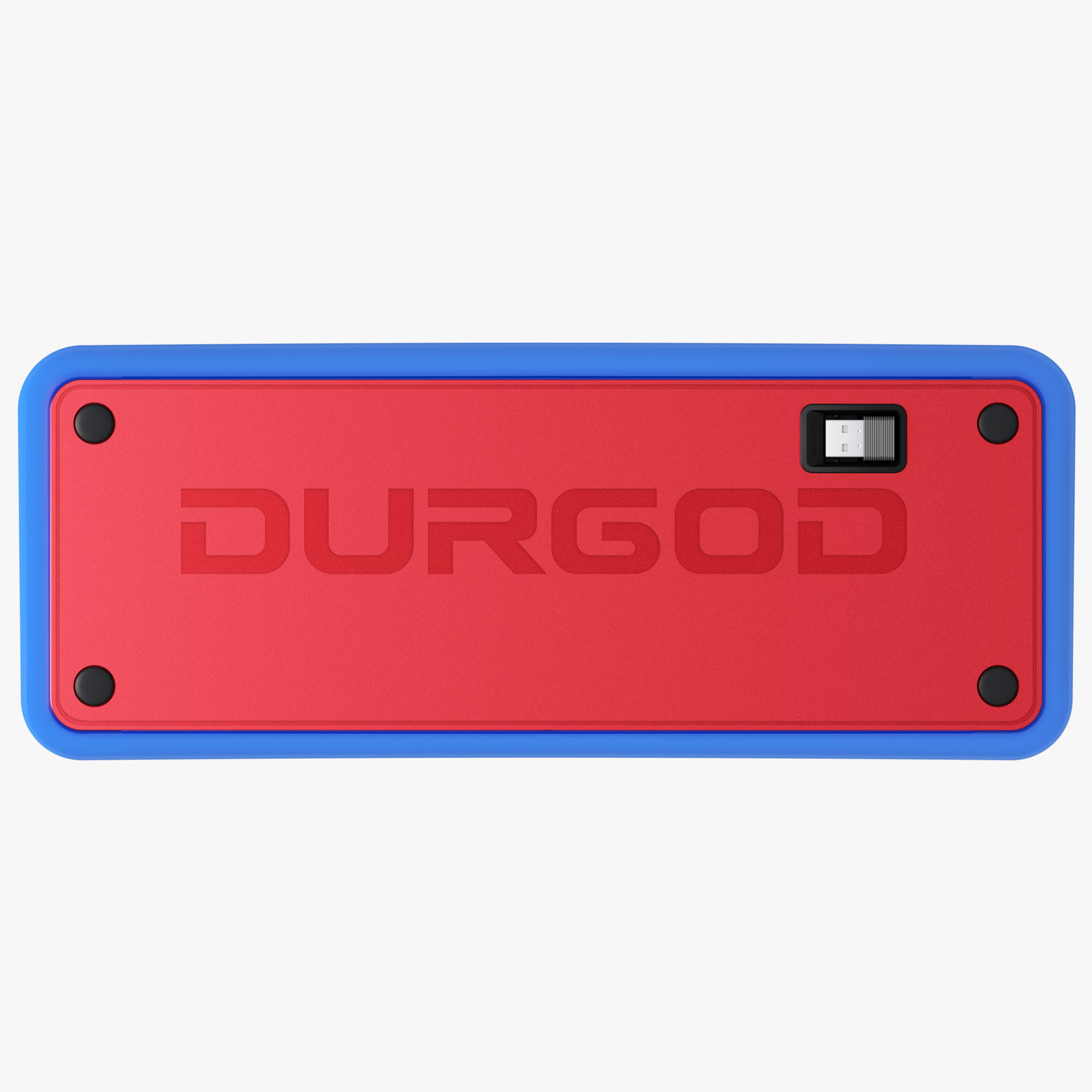
Comparing plastic and metal mechanical keyboards requires assessing build quality, durability, aesthetics, weight, and cost, each offering unique advantages and challenges.
Plastic Mechanical Keyboards
Pros:
- Lightweight: Enhances portability.
- Cost-Effective: More affordable in both production and purchase.
- Variety: Comes in numerous colors and designs.
- Comfort: Offers a lighter, warmer touch, preferred by some for prolonged use.
Cons:
- Build Quality: May feel less premium than metal counterparts.
- Durability: Prone to damage from impacts.
- Stability: Less desk stability due to its lighter weight.
Metal Mechanical Keyboards
Pros:
- Durability: Offers greater resistance to wear.
- Stability: The heavier build ensures desk stability.
- Premium Feel: Favored for solid, quality sensation.
- Aesthetics: Provides a sleek, professional look.
Cons:
- Weight: Less portable due to heaviness.
- Cost: Typically pricier than plastic options.
- Temperature Sensitivity: Can feel cold in lower temperatures.
- Signal Latency or Delay: Metal may interfere with 2.4 GHz and Bluetooth signals, affecting transmission.
Decision Factors
- Usage and Portability: Plastic keyboards suit frequent travelers, whereas metal’s weight is negligible for stationary use.
- Budget: Plastic options cater to tighter budgets; metal signifies a higher-end investment.
- Aesthetics and Feel: User preference between metal’s premium aesthetics or plastic’s varied designs plays a crucial role.
- Environment: The climate may influence the comfort of using a metal keyboard.
Conclusion
Choosing between plastic and metal mechanical keyboards depends on personal preferences, usage habits, and budget constraints. Plastic models offer affordability and variety, appealing to a broader audience. Metal keyboards, valued for durability and aesthetic appeal, require a higher investment. Ultimately, the decision should reflect the user’s specific needs in terms of functionality, style, and cost.
For more knowledge of mechanical keyboards, visit DURGOD.



